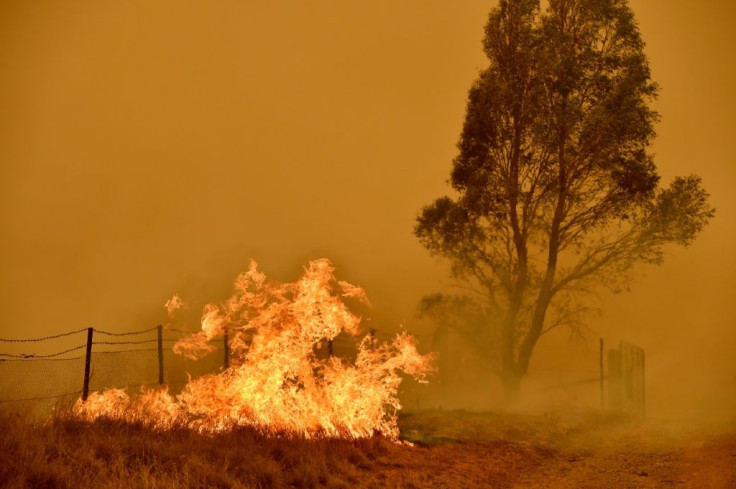New South Wales Bushfires: Australian State Finally Exits ‘Traumatic’ Fire Season

KEY POINTS
- New South Wales is finally bushfire-free after the state suffered devastating blazes over the past months
- The state's fire service made the announcement on Monday after the destruction of the Blue Mountains and the Gondwana rainforests
- Climate change has impacted Australian summers over the past few decades
The New South Wales Rural Fire Service (NSWRFS) announced on Monday that all bushfires in the Australian state have been extinguished, marking the first time in over 240 days that the state was declared bushfire-free.
In a tweet, the state’s fire service said “there is currently no active bush or grass fires in #NSW.” The news came after approximately 3,000 homes were destroyed and around a billion wildlife creatures were impacted by the flames.
After more than 240 days, Australia's New South Wales is finally free from bushfires https://t.co/wBclkTtiLK
— WCVB-TV Boston (@WCVB) March 3, 2020
NFWRFS deputy commissioner Rob Rogers said the fire season was “truly devastating,” echoing the fire service’s statements last month that the bushfires were “very traumatic” for New South Wales residents.
Heavy rainfall helped control some of the fires in New South Wales over the past few weeks but the downpours also forced some residents to evacuate their homes due to major flooding in some areas.
Australia experiences a yearly fire season during summer but this year’s bushfires heavily affected New South Wales, where Sydney is located. The city saw air quality levels reach a “hazardous” state in December due to smoke from the fires.
According to CNN, Australian authorities said among the key sites in the state that were damaged by the blazes were the Gondwana rainforests and the Blue Mountains. The said locations are World Heritage Areas.
At least 28 people were killed in the NSW bushfires, including nine firefighters. Among the firefighters who stood with the state in its blaze battle, many were volunteers who had to quit their jobs to help contain the fires.
This year’s blazes raised further questions on the impact of climate change in Australia, considering that it now has an average of almost 31 days of summer annually and winters are now shorter than back in the 1950s.
Farmers have expressed their concerns about changing weather patterns in Australia over the past several decades. Smoke brought about by bushfires are posing threats on crops and increased temperatures are making it hard for some farmers to adapt to weather-related changes, The Guardian reported last week.
Australian wine producers, in particular, have been affected negatively by the country’s battle against climate change. Growing grapes has become harder for wine companies due to rising temperatures that push harvest times.
Experts have been urging the Australian government to improve its climate change policies to help reduce the country’s carbon footprint and hopefully prevent bushfires from spreading across New South Wales and other states during the summer season.
© Copyright IBTimes 2025. All rights reserved.






















